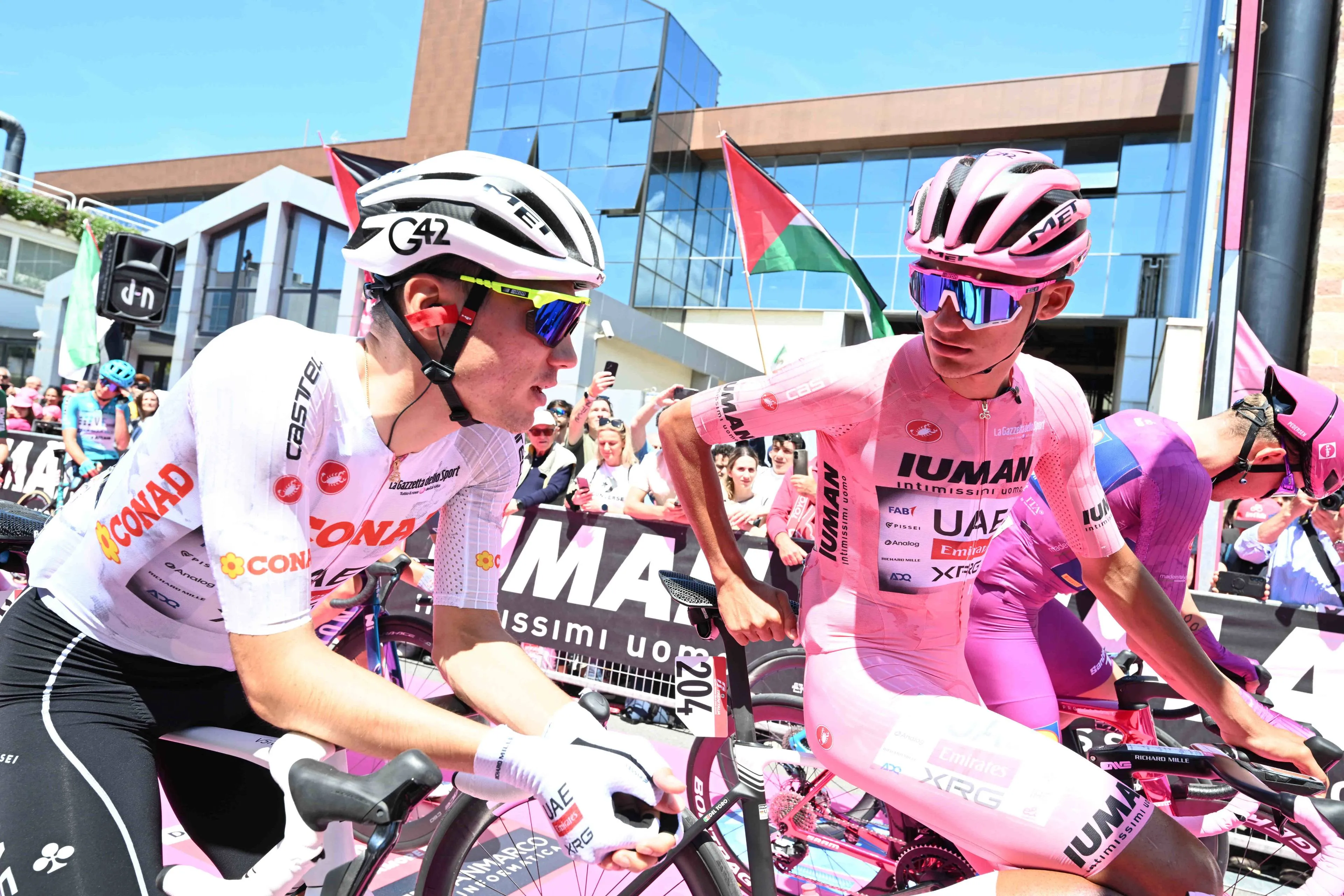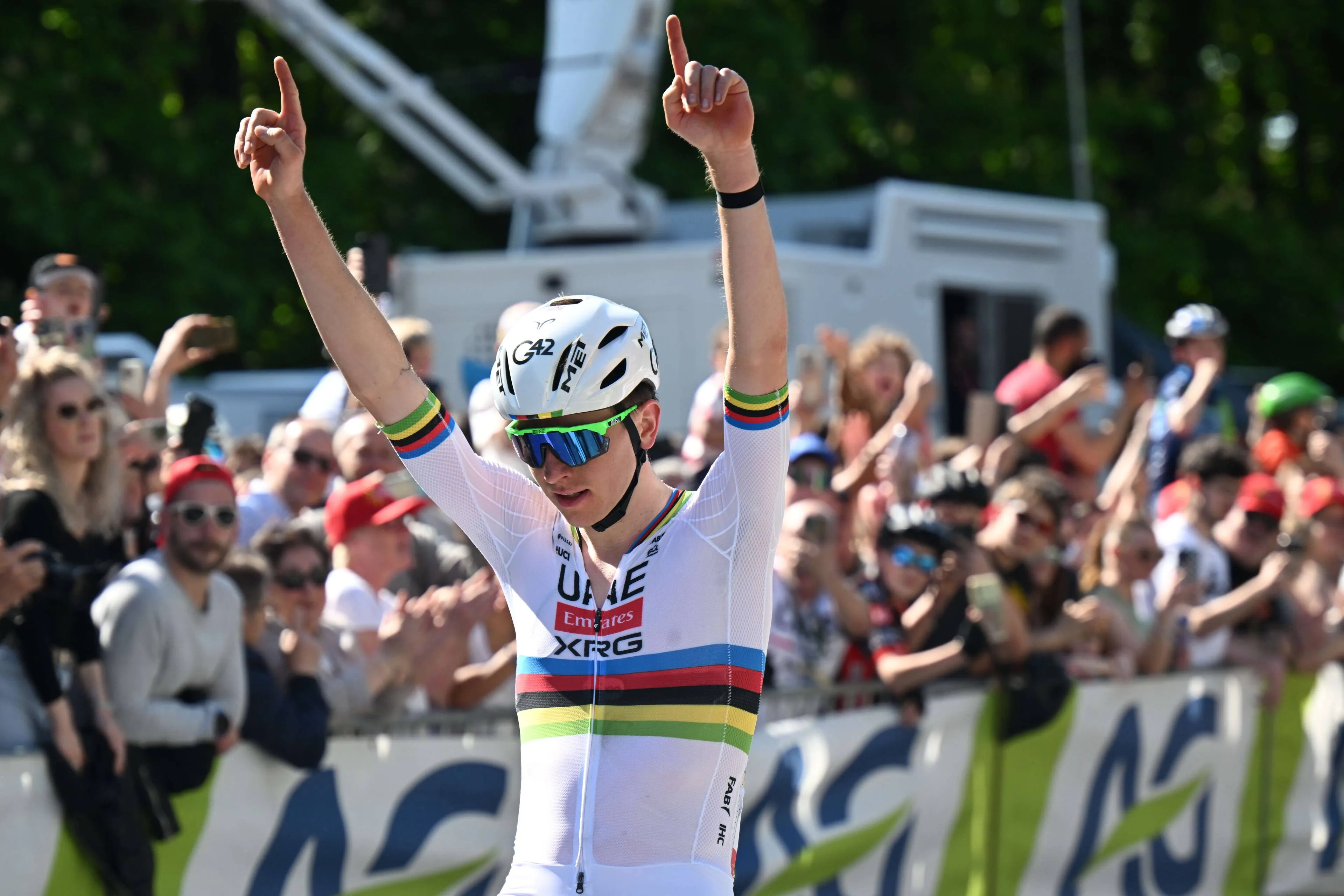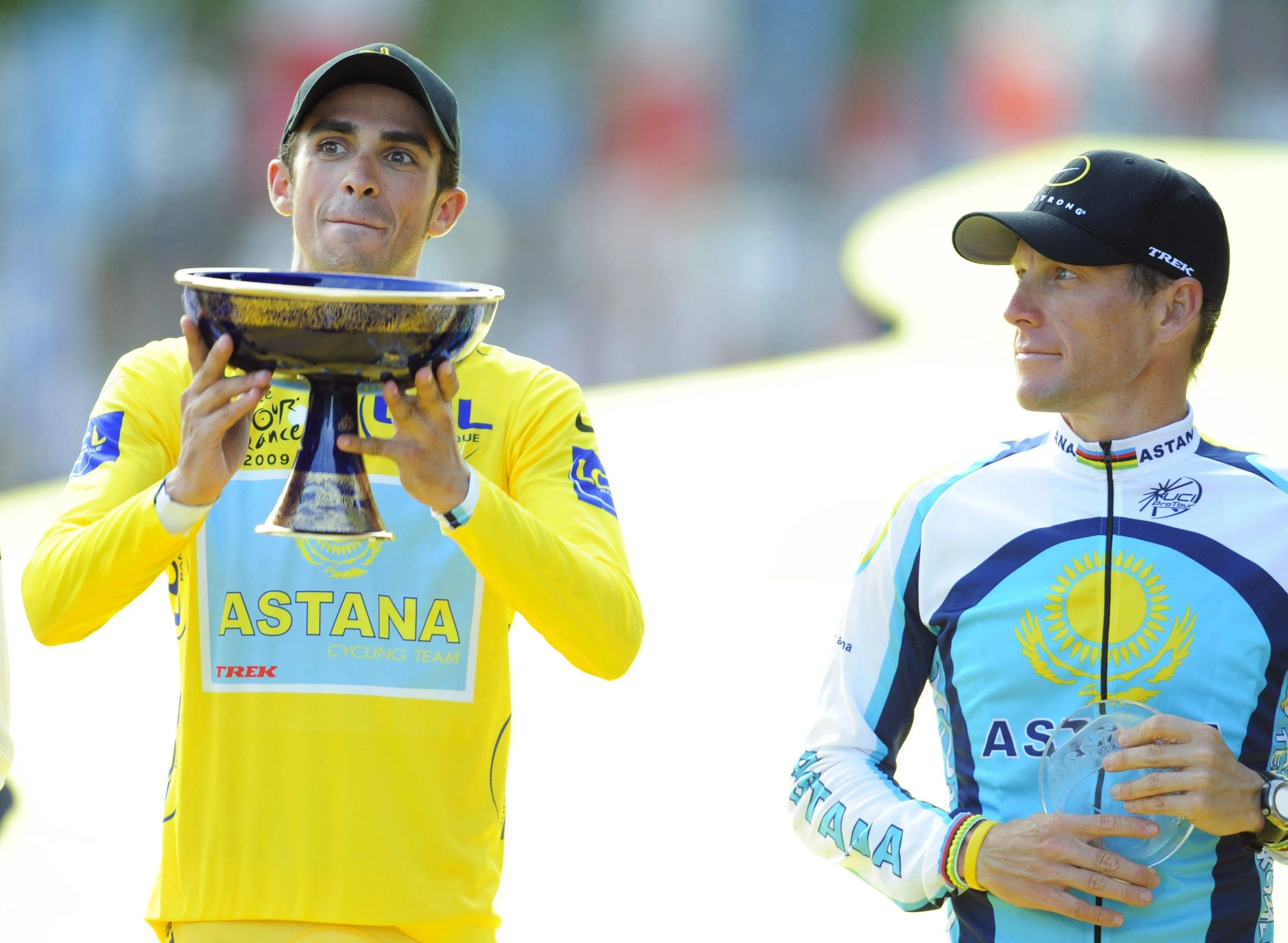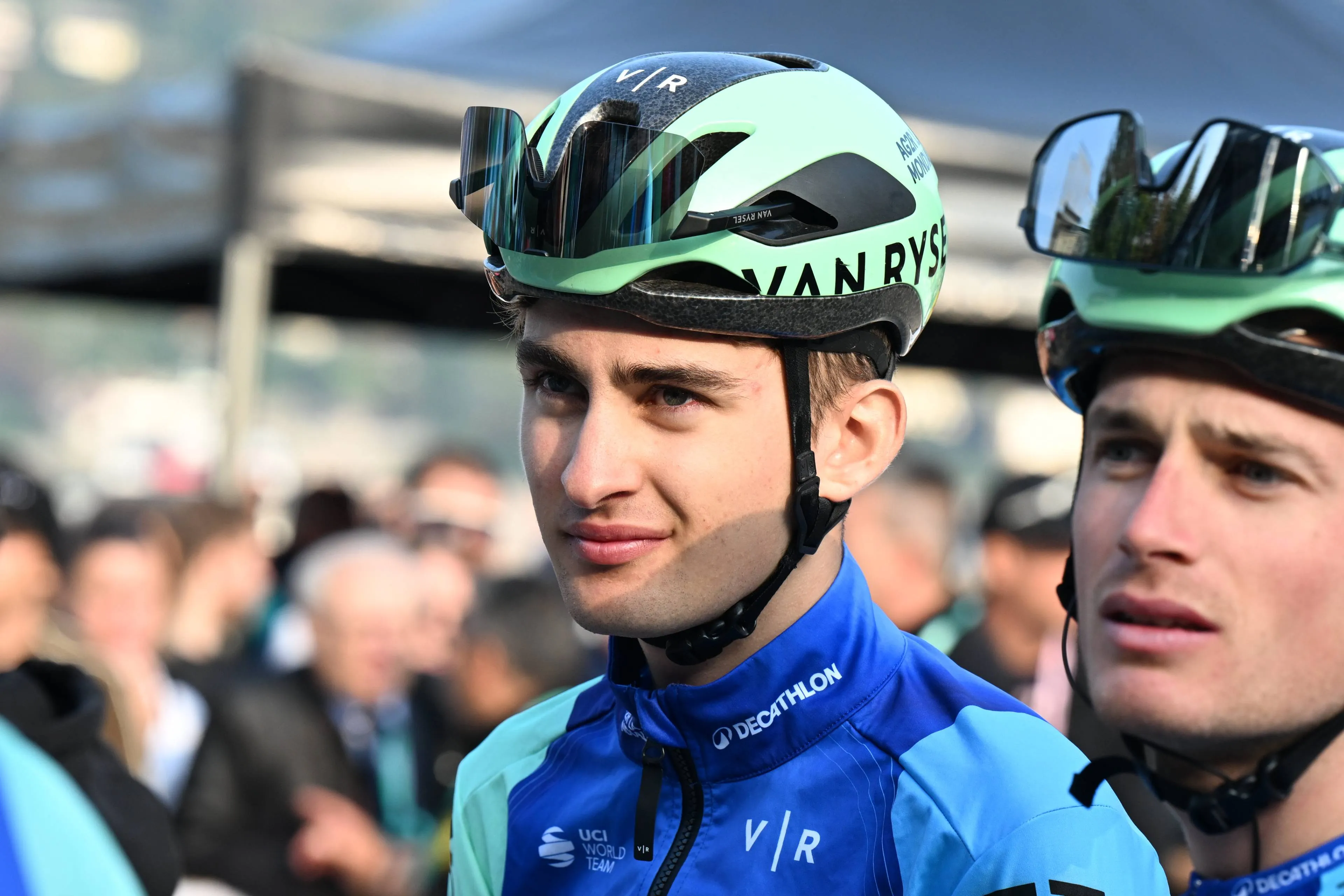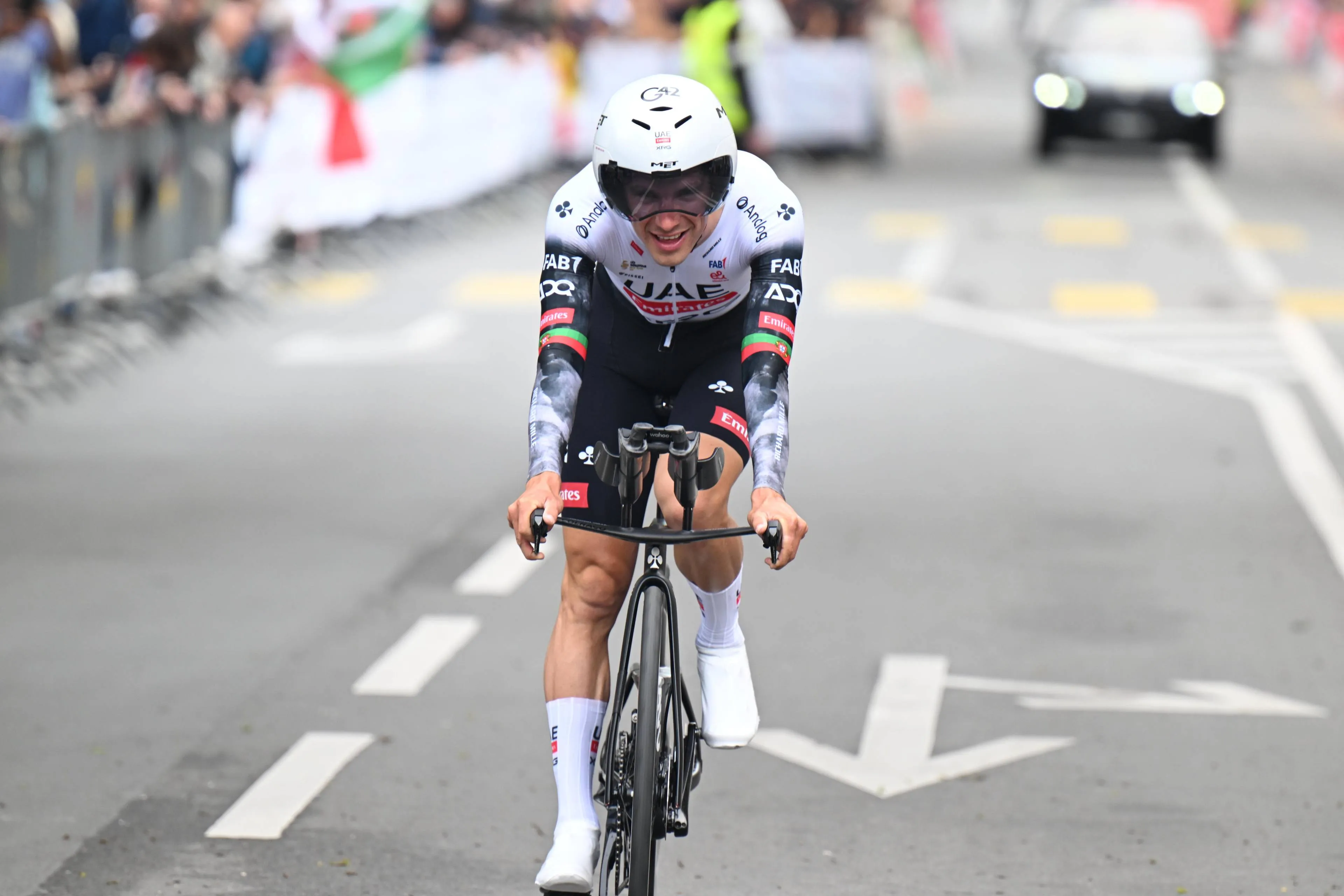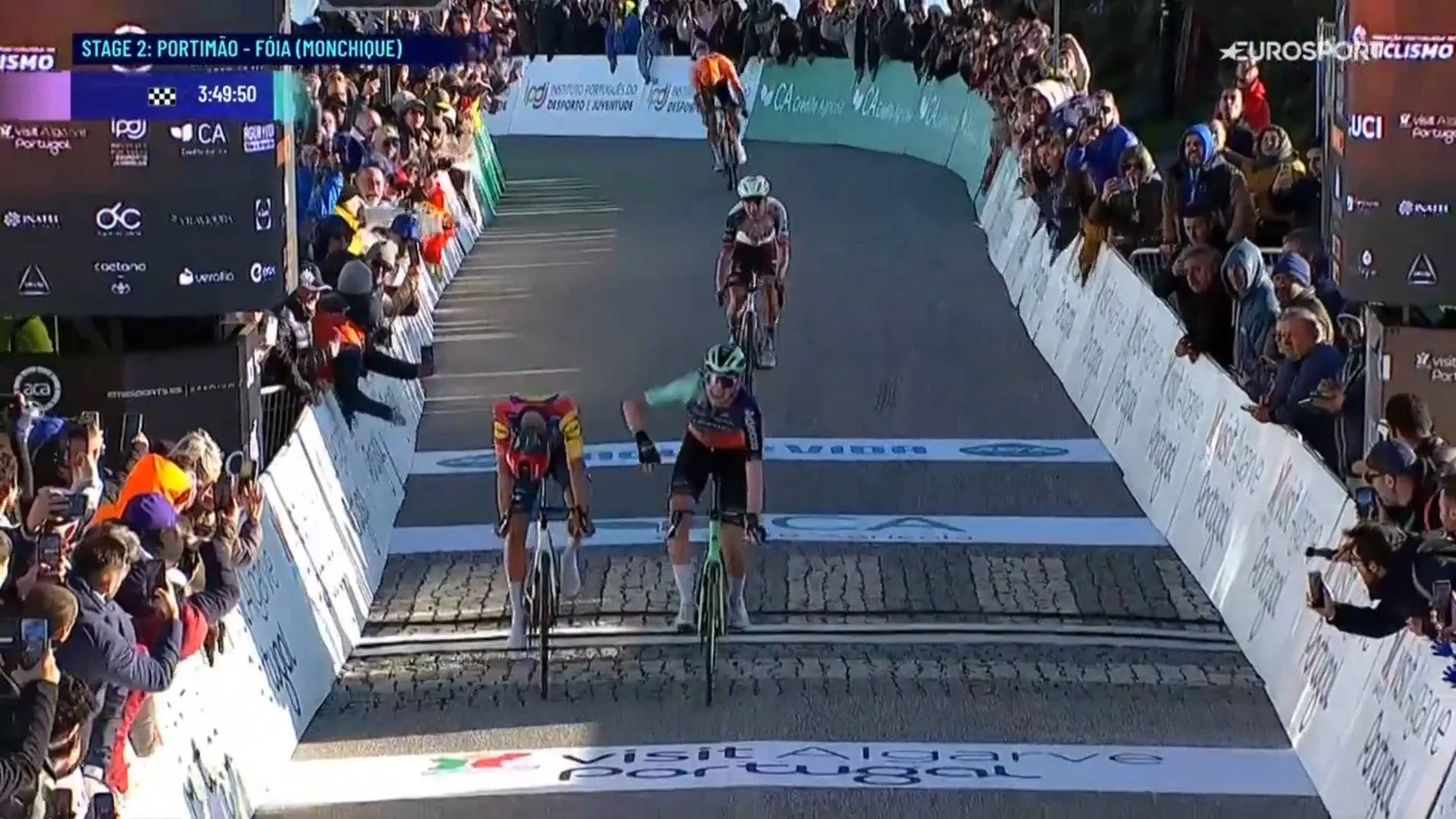“I feel pain in my sprinter's heart” – Marcel Kittel disappointed by Tour de France Montmarte finale
CyclingFriday, 23 May 2025 at 12:30

In a bold break from tradition, the Tour de France 2025 will
end not with a gentle champagne procession but with a genuine day of racing,
and it’s already dividing opinion across the cycling world.
For the first time in decades, Stage 21 will not be a
ceremonial roll into Paris but a potentially explosive showdown. The final day
of the race will feature five classified climbs, including a late ascent of the
Butte de Montmartre via the rue Lepic, less than ten kilometres from the
Champs-Élysées finish line. As the Tour’s official X account teased, “This
final stage could be explosive!”
Read also
The change comes after the unique 2024 edition, which
concluded with a time trial from Monaco to Nice due to the Paris Olympics. With
the race returning to the French capital, organisers ASO have chosen to mark 50
years since the Tour's traditional finish in Paris by revamping the finale, and
it’s a move that brings major consequences.
For fans and viewers, it’s an undoubted win. Gone is the
predictable parade; in its place is a final stage that could deliver drama,
attacks, and maybe even a last minute shake up in the general classification.
The inclusion of the Montmartre climb, last featured in Remco Evenepoel’s
Olympic road race triumph, brings an added layer of tactical uncertainty.
Remember, before Evenepoel won the race, Mathieu van der
Poel and Wout van Aert lit up the climb with a titanic attack. Could we see the
duo have another showdown in Paris?
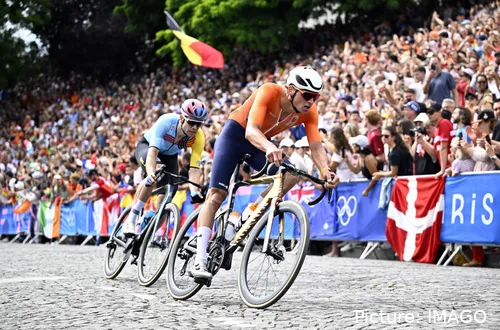
Will we see a repeat of these images come July?
But for sprinters, the news is a gut punch.
Sprint legend Marcel Kittel, who won 14 Tour stages
including two on the Champs-Élysées, admitted to Cycling Weekly, “I feel pain
in my sprinter's heart… It's going to be very, very hard to control the race
there and it's going to definitely be far more difficult to force it into a
sprint on the final day.”
Kittel is right to sound the alarm. The Montmartre climb,
steep, narrow, and difficult to control, will shatter lead out trains before
they even enter Paris proper. Teams built around flat sprints will now be
forced to survive punchy terrain before setting up their finish. “If I was
still a rider, I'd be quite disappointed that it won't be a controlled sprint
day anymore,” Kittel admitted.
Read also
But it’s not just sprinters losing out, GC contenders will
also be on edge. What was once a day of celebration will now require full
focus. “With a final like this, it's also not going to be a quiet moment for
the yellow jersey anymore. The Tour now has 21 stages for the GC, not 20,”
Kittel added.
There’s also a question of safety. Wet weather has
previously led to neutralised final laps on the Champs-Élysées. With
Montmartre’s twisting descents and tight roads added to the mix, wet conditions
could raise new risks. “Sometimes in the past the race was neutralised. But
with the Montmartre climb and a few descents, it will be even more
challenging,” Kittel warned.
Read also
Yet for puncheurs and versatile sprinters, the change could
open a door. Riders like Jasper Philipsen who can survive the short climbs on a
good day may still find themselves in contention for one of cycling’s most
iconic wins. “There will be guys who have a better chance to attack to make the
race difficult,” Kittel said. “It’s going to be really exciting to watch… it
will just depend on what other teams want when it comes down to it.”
Ultimately, the Tour de France’s reimagined finale shows
that the sport is evolving to meet the expectations of modern fans, who crave
unpredictability over procession. While it may disappoint purists and frustrate
sprinters, there’s no question that it raises the potential for drama, and
ensures that the 2025 edition will remain compelling right up until the final
metres in Paris.
claps 0visitors 0
Just in
Popular news
Latest comments
- This excuse is harmless, just quaint and amusing. The excuse I really disliked was when he accused a mechanic of improperly adjusting his saddle, endangering the mechanic's job: blaming others for your own limitations is a serious matter.
 maria2024202419-02-2026
maria2024202419-02-2026 - ok so this is impressive - I trashed this guy all winter, get a pro win before the anointing. against a quality field. And Onley and Riccitello look good too. fun to see young blood.mij19-02-2026
- Minor flaws.... thats like suggesting Genghis Khan was a bit aggressive with other countriesslappers6619-02-2026
- Then you carry on if that's what makes you happyslappers6619-02-2026
- Fabio cannot catch a break.mij19-02-2026
- OK, today is the "air conditioner"... yesterday was a cramp... on saturday a bee will sting him in his tongue... his tongue will swell up and mustafa gets no oxygen. Because of his swollen tongue, Remco won't be able to give us a new excuse. Remco and the spanish rat Ayuso should be on the same team. They both have a ton of excuses and both of them are liars. Ad acta.Mou-Cro-HR19-02-2026
- Florian Lipowitz is secretly happy
 Rafionain-Glas19-02-2026
Rafionain-Glas19-02-2026 - The crucial thing to remember is that Remco was broken by the pace of Gall and Tiberi, not Del Toro's. Remco's excessive antics are because he doesn't want anyone to think that he's 'genuinely' struggling. You can always say 'he got cramps' because 'his preparation didn't go to plan', but the thing is that there is a limit to the number of excuses and exceptions that there can be. Eventually everyone just accepts that he's reached his ceiling on the climbs.
 Rafionain-Glas19-02-2026
Rafionain-Glas19-02-2026 - Bahraini suspicious..Santiago19-02-2026
- The problem is, a British 'boss' opening the gates, when the native workers not wanting them!
 leedorney19-02-2026
leedorney19-02-2026
Loading
Write a comment
